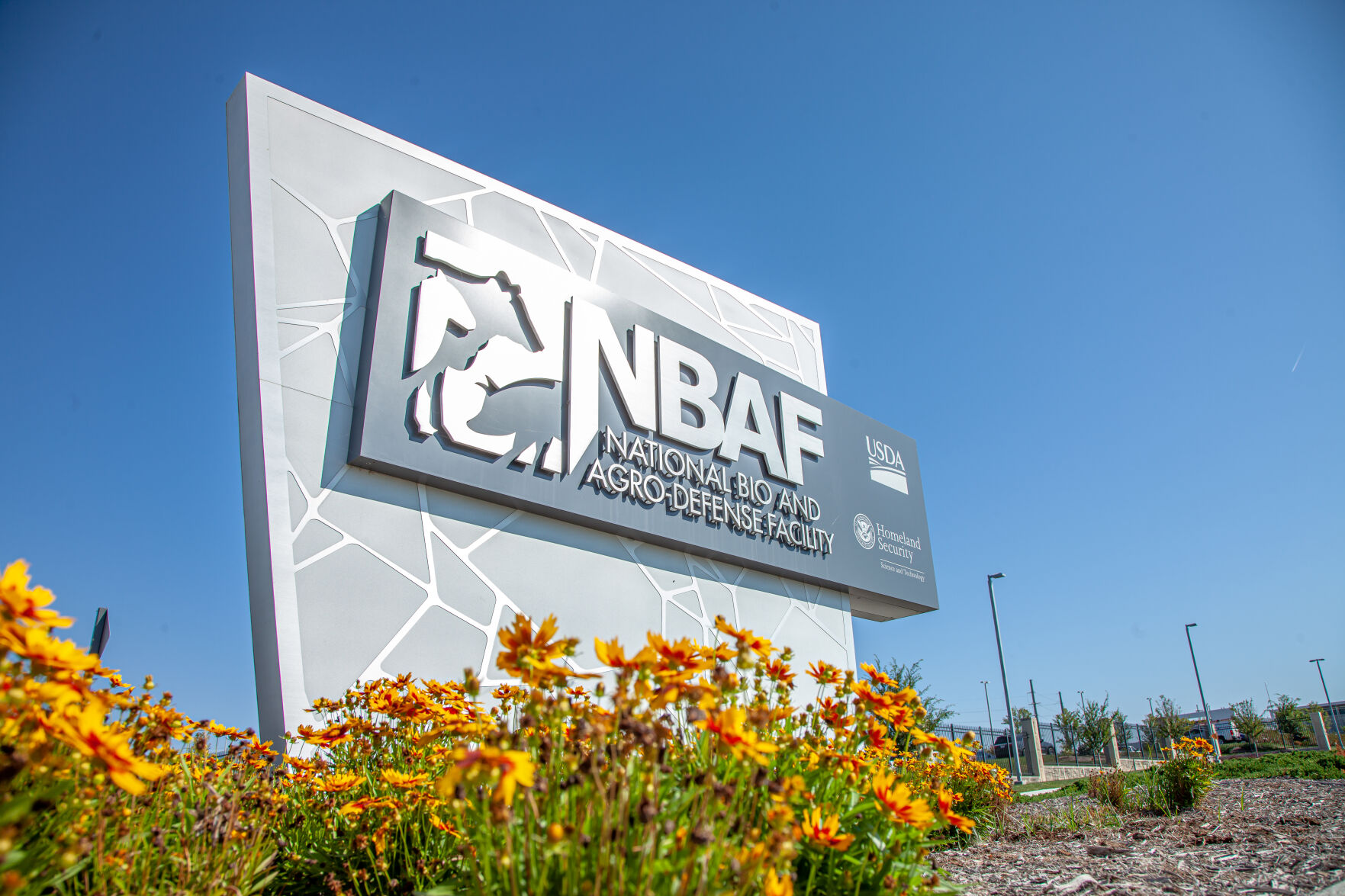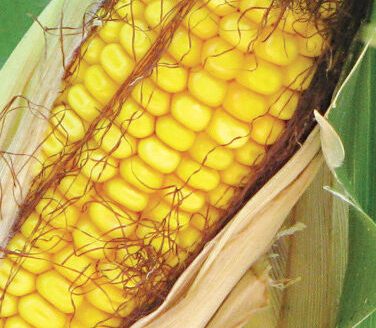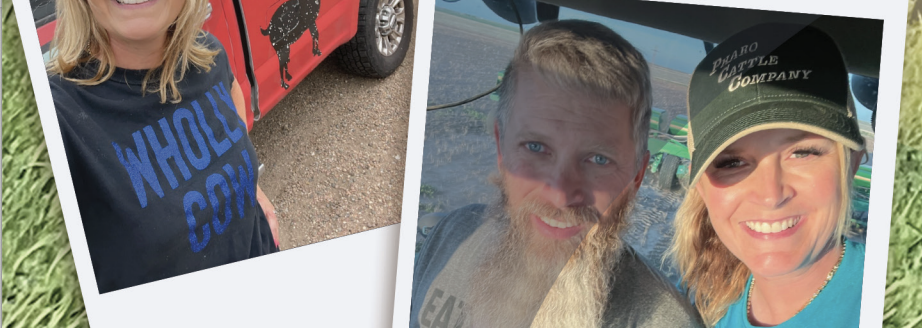The $1.25 billion National Bio and Agro-Defense Facility in Manhattan, Kansas, took many years to come to fruition but those who gathered for a ribbon cutting on May 24 called it a proud achievement in the prevention of livestock diseases and protecting the nation’s food supply.
Four different buildings comprise the 574,000-square-foot, $1.25 billion biosafety level-4 research laboratory that is the successor to the aging Plum Island Animal Disease Center in Plum Island, New York, and is designed to combat biological threats against livestock, predominantly cattle, swine and sheep, involving humans, according to NBAF Director Dr. Alfonso Clavijo, DVM.
U.S. Department of Agriculture Secretary Tom Vilsack said many people are to be thanked but he singled out retired U.S. Sen. Pat. Roberts, R-KS. He appreciated Roberts’ political expertise, saying it was not easy to convince colleagues over a long period of time to stay committed to seeing a project fulfilled.
“It requires an extraordinary level of persistence,” Vilsack said. He praised Roberts’ temperament and sense of humor plus his knowledge of the budgetary process. “You were extremely lucky to have Pat Roberts where he was advocating so often, so forcefully and so passionately for this project.”
Vilsack also praised former Department of Homeland Security Janet Napolitano who recognized NBAF’s importance. DHS accepted the responsibility for construction and once completed NBAF became the responsibility of USDA.
A land-grant university was the right location combined with long-term expertise in architectural, engineering, research and science, Vilsack said. The facility had to be secure. NBAF reinforces the message that collaboration and cooperation works when the mission is to protect citizens, he said. Kansans understand that message. “This is a state that understands, appreciates and respects agriculture,” Vilsack said. In his various roles, Roberts said he asked many questions about the dangers the U.S. and world’s agricultural sectors faced as a result of bioterrorism. When 9-11 occurred, it spurred the process.
Plum Island, New York, he said, could no longer provide the protection the nation’s food supply needs today. He had shared his concerns with the late K-State president Jon Wefald. Wefald immediately told Roberts a new lab needed to be located at a land-grant university and the president put together an ambassador team to help sell KansasState University.
Roberts remembered the many hours of research that went into informing various intelligence committees about the need to protect the nation’s food supply. One of his exercises was to demonstrate how devastating a widespread foot-and-mouth outbreak could be to the U.S.
It helped to galvanize the livestock industry, commodity groups and researchers about the need for a unified message to protect the nation’s food supply, he said. With help of then Kansas Gov. Kathleen Sebelius and state lawmakers they even withstood a last-ditch effort to have NBAF placed in Texas, Roberts said.
Kansas Gov. Laura Kelly also thanked K-State’s commitment to animal science research and the Manhattan community for its support throughout a lengthy construction process. NBAF “will put us on the front line of making the entire country and world safer, healthier and more resilient through research, training and diagnostics.”
NBAF is at the center of the animal health corridor, she said, and that region includes 120 animal health companies that employ 13,000 specialists. The Manhattan location will foster research and collaboration between academia and public and private sectors.
“I have no doubt that Kansas is the right choice. It is in the heart of America and in the center of farm country,” said U.S. Sen. Jerry Moran, R-KS.
The animal health corridor, which stretches from Manhattan to Columbia, Missouri, is important to protecting the nation’s food supply and is also part of a dream he champions, which is that children and grandchildren raised in this state have every opportunity to stay in Kansas and fulfill their dreams.
Dave Bergmeier can be reached 620-227-1822 or [email protected].




